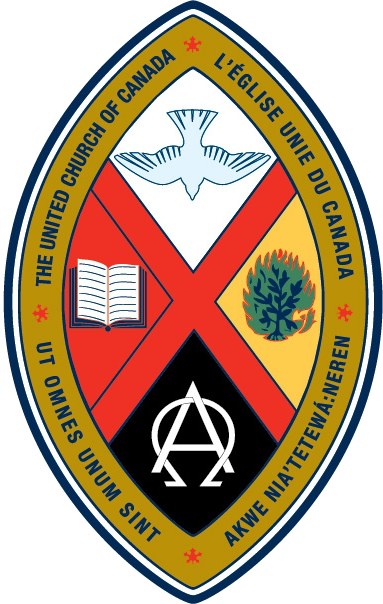 August 17, 2025
August 17, 2025
Tenth Sunday after Pentecost
“By Faith …”
“Alice laughed. 'There's no use trying,' she said. 'One can't believe impossible things.'
'I daresay you haven't had much practice,' said the Queen. 'When I was your age, I always did it for half-an-hour a day. Why, sometimes I've believed as many as six impossible things before breakfast.
Alice in Wonderland, by Lewis Carrol
Is that what religion is about? Believing six impossible things before breakfast? Because it if is, I don’t want any part of that. Who, in our modern world, would want to be ridiculed for believing in even one impossible thing? Who wants to be a dupe, a naif, a fool? Not me! I’d much rather be Alice than the White Queen!
Do our religious beliefs qualify, as “impossible things?” Resurrection, miracles, supernatural intervention in history? Does religion really teach us to check our brains at the door of the Sanctuary?
If that’s not what “faith” means, what’s it all about?
I don’t think “faith” has anything to do with facts that can be proven or disproven. Maybe that’s where our scientific worldview leads us astray. Science teaches us to look for facts that can be proven, events that can be verified, practices can be repeated. It’s powerful, and has led to such valuable advances in technology that we sometimes think it’s the only kind of knowledge worth pursuing. But under that understanding, “faith” has come to mean belief in things that science can’t prove … and by extension, often belief in things that science has already proven to be false!
But there’s a whole constellation of human activity that has nothing to do with scientific fact or proof. How do you “prove” that a piece of music is beautiful? How do you prove that a friend is trustworthy (especially after they’ve hurt us)? How do you “prove” that sacrifice will make a difference? How do you prove that generosity is worth offering, or that justice is worth pursuing? Those aren’t “facts” to be proven – they are choices that we make, and experiences we rely on in our decision-making.
Truly we make decisions for all sorts of reasons that are unprovable. We choose help a person in need, even when we know it could cost us. We choose to put an elevator in the church, even though the price is enormous and most of us will never be so disabled as to need it. We choose to put food for our neighbours in a box outside the church, even though we ourselves never expect to take anything back out of it again. And we make those choices in the faith that doing so will make life better for ourselves, or for someone else. We claim these are good choices, for all that the premise is unproveable.
This week’s passage from Hebrews expands on that sort of decision-making by reminding us about turning points in our community history: in faith, Israelite slaves trusted it would be worth it to escape Egypt and that they wouldn’t perish in the attempt; in faith those who wandered in the wilderness acted as though Promised Land was waiting for them; in faith Rehab acted out of kindness and mercy instead of self-interest and fear. When each of those folks made their choices there was no guarantee that their trust would be rewarded; but our religious history shows a pattern where choosing freedom, future, grace and generosity matters.
What do you trust in, when faced with hard decisions? Do you trust that the world is a dog-eat-dog place where we all have to fight for access to what we need, or do you trust that generosity and kindness make your life as well as the lives of others better? Do you trust that the powerful will always squash the weak, or do you trust that justice is possible and fairness matters? Do you trust that threats and violence win the day, or that love is the only force powerful enough to turn an enemy into a friend? Science is silent on the best way to answer those questions; but the faith we’ve inherited urges some choices are better than others.
What do you trust in? What faith gives shape to your decisions? What do you think about, when the best path forward isn’t obvious or easy? And how does the faith that we learn from our ancestors and companions in this Christian journey shape the things we consider and rely on as we walk along the way.
Join us on Sunday as we explore what it means to be people of faith, and how our faith is lived out in action.

 forest hill
forest hill